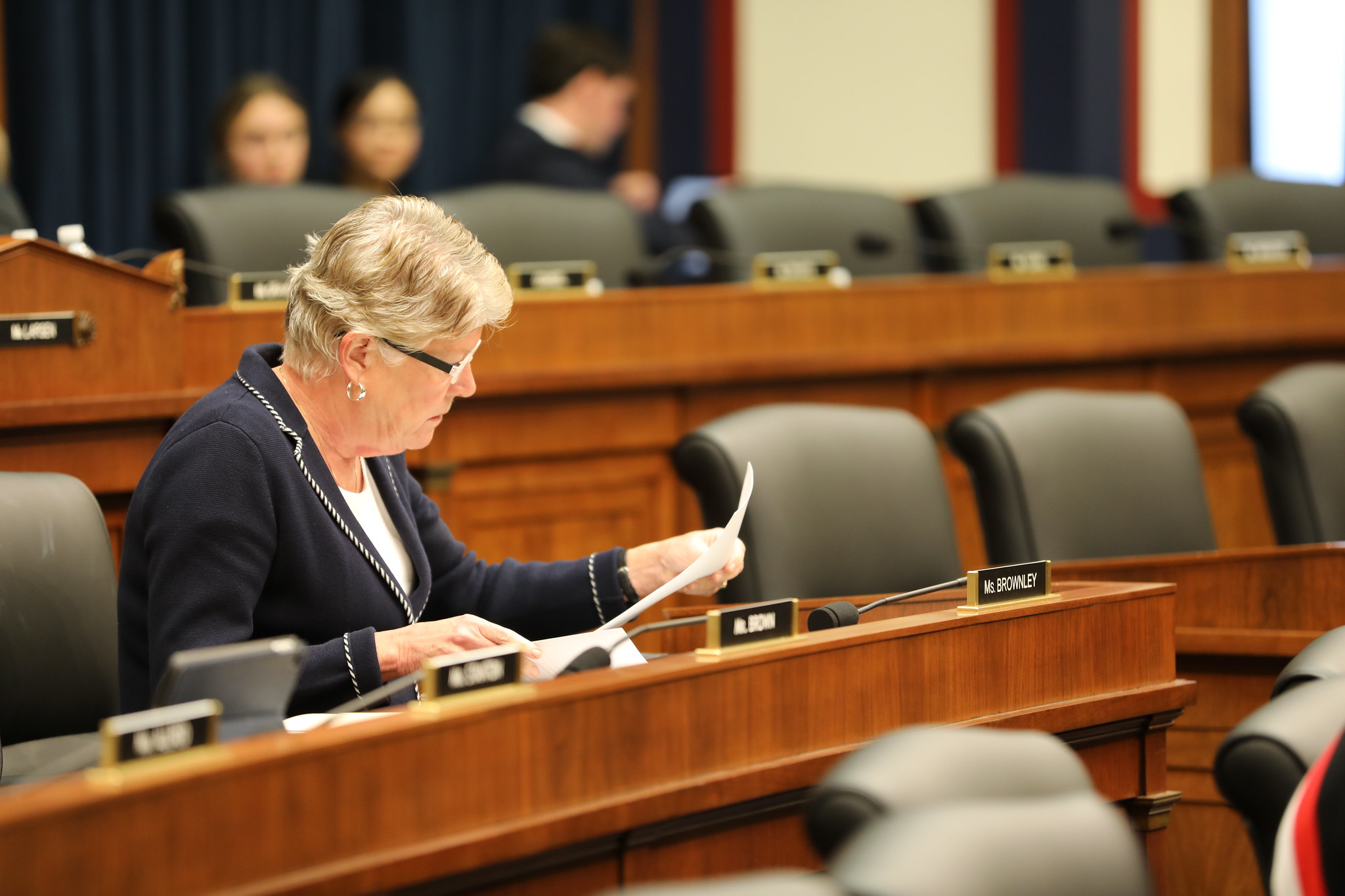
Washington, DC – Today, Congresswoman Julia Brownley (D-CA) announced the reintroduction of the Offshore Pipeline Safety Act, legislation to close dangerous oversight gaps and better protect coastal communities and marine ecosystems from the risks of aging and abandoned pipelines.
“Thousands of miles of abandoned pipelines are decaying on the seafloor, posing serious risks to marine ecosystems and fisheries. It’s long past time to clean them up, hold oil companies accountable, and require advanced monitoring of active wells to prevent future disasters,” said Congresswoman Brownley.
“Along California’s Central Coast, we have seen terrible tragedies that resulted from lax oversight, including the 1969 Santa Barbara oil spill. The scars of this catastrophic event remain visible today and continue to impact our region’s environment. As of right now, the Department of Interior’s Bureau of Safety and Environmental Enforcement (BSEE) does not have a comprehensive and effective process to address the environmental and safety risks posed by leaving decommissioned pipelines in place on the seafloor. My bill takes proactive measures to ensure that our coastlines are protected from the resulting hazards.”
“Decaying pipelines abandoned by fossil fuel companies leave our nation’s coastlines and fisheries vulnerable to potentially devastating disasters like oil spills. It should be the bare minimum for these companies, who profit greatly from offshore drilling, to be required to properly decommission aging pipelines and closely monitor the active infrastructure they’ve built,” said Claire Dorner, Sierra Club’s Associate Director of Legislative & Administrative Advocacy for the Beyond Dirty Fuels campaign. “We are grateful to Rep. Brownley and her cosponsors for introducing this common sense legislation to protect vital marine ecosystems and keep coastal communities safe from preventable disasters by holding Big Oil and Gas profiteers accountable for the messes they make.”
Background
The Offshore Pipeline Safety Act is based on recommendations from a Government Accountability Office (GAO) report released in March 2021, titled Offshore Oil and Gas: Updated Regulations Needed to Improve Pipeline Oversight and Decommissioning. The report found that more than 18,000 miles of pipelines in the Gulf of Mexico – over 97 percent of the total in the region – have been “decommissioned in place” since the 1960s, meaning fossil fuel drillers left them on the seafloor without any plan to remediate or remove them.
The Offshore Pipeline Safety Act would direct the Department of Interior’s Bureau of Safety and Environmental Enforcement (BSEE), the primary regulator of offshore oil and gas operations, to:
- Finalize regulations requiring pipeline owners to provide for biannual, third-party inspection of pipelines and to equip pipelines with leak detection systems.
- Conduct a study jointly with the Bureau of Ocean Energy Management to evaluate environmental risks of leaving decommissioned pipelines on the seafloor.
- Consider environmental impacts and navigational hazards of issuing a permit to an owner that would allow for a decommissioned pipeline to be left on the seafloor.
- Continually monitor the condition and location of pipelines that are decommissioned and left on the seafloor.
- Charge an annual pipeline owners fee of $10,000 per mile for pipelines at a depth of 500 feet or greater and $1,000 per mile for pipelines below 500 feet. This fee would go towards decommissioning or removing pipelines in the event an owner files for bankruptcy.
- Remove or properly secure any decommissioned pipeline that it identifies as having exposed segments.
- Conduct a study addressing environmental risks of chemical products used in oil and gas operations.
This bill is endorsed by Earthjustice, Healthy Gulf, Natural Resources Defense Council, Oceana, and Sierra Club.
Read the text of the bill here.
###
Issues: 119th Congress, Energy and Environment, Environmental Protection